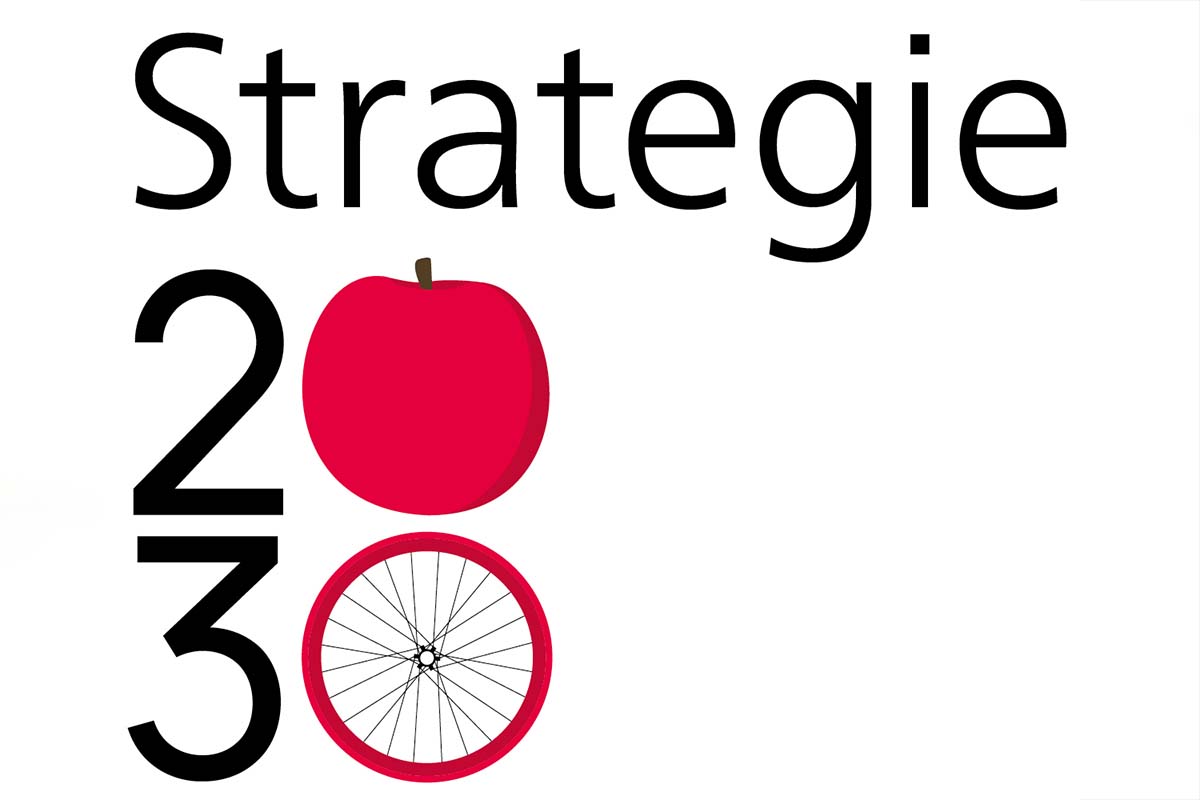New strategy adopted by the University of Bern
With its new Strategy 2030, the University of Bern aims to build on its successes while responding to new challenges. The topics of digitalization and infrastructure are important driving forces for development and are now included as sub-strategies.
Universities are facing increasingly intense competition for resources and talent. To meet the challenges of this dynamic environment, the University of Bern's Strategy 2030 sets goals and focuses its priorities for development. The new strategy was devised in an open process together with all university units. At the core stand the values and self-image that unite the university, in all its diversity, into a single entity. The strategy’s objectives are also aligned with the contractual obligations of the Cantonal Government.
Proven thematic priorities
Strategy 2030 was approved by the Executive Board of the University of Bern on December 21st, 2021. Overall, it represents a continuation of the existing Strategy 2021 and therefore continues to focus, for example, on the five proven thematic priorities of sustainability, health and medicine, matter and universe, intercultural knowledge, and politics and administration. "The University of Bern has shown great success in these areas of research," says Prof. Dr. Christian Leumann, Rector of the University of Bern. He is convinced that these priority topics can continue to enhance the University of Bern's profile in the future.
Digitalization and infrastructure as new sub-strategies
However, Strategy 2030 also creates space for change. For instance, the topics of digitalization and infrastructure are now specified as sub-strategies which are of great concern to the university. Christian Leumann explains: "The University of Bern has major ongoing infrastructure needs which enable it to fulfill its long-term objectives in teaching and research." By embedding digital transformation in strategy, the university intends to make even greater use of upcoming possibilities which digitalization will offer and continually improve research, teaching, continuing education, and services. "We want to put people at the center of digitalization and aspire not to simply let ourselves drift aimlessly as society's digital transformation moves forward," says Christian Leumann.
Functional strategies and a proven guiding principle
A new instrument has been introduced in Strategy 2030 in the form of functional strategies, which cut across broader areas and support advancements in the sub-strategies. "As before, our core task is to create, reflect upon, and disseminate knowledge. The University of Bern offers the best possible setting for basic and applied research as well as for teaching and learning, and thus makes a major contribution to society on a regional, national, and global scale," says Christian Leumann. The University of Bern identifies itself as a leading, forward-thinking, and world-class university with strong local roots and social relevance. " Our vision and mission can therefore still be summarized in the guiding principle, 'Knowledge creates value', as in Strategy 2021," says Leumann.
The University of Bern’s Strategy 2030The University of Bern's Strategy 2030 includes six sub-strategies:
In addition to the six sub-strategies, the University of Bern now relies on seven functional strategies:
More on the University of Bern's Strategy 2030: www.unibe.ch/strategie2030 |
2022/03/29



